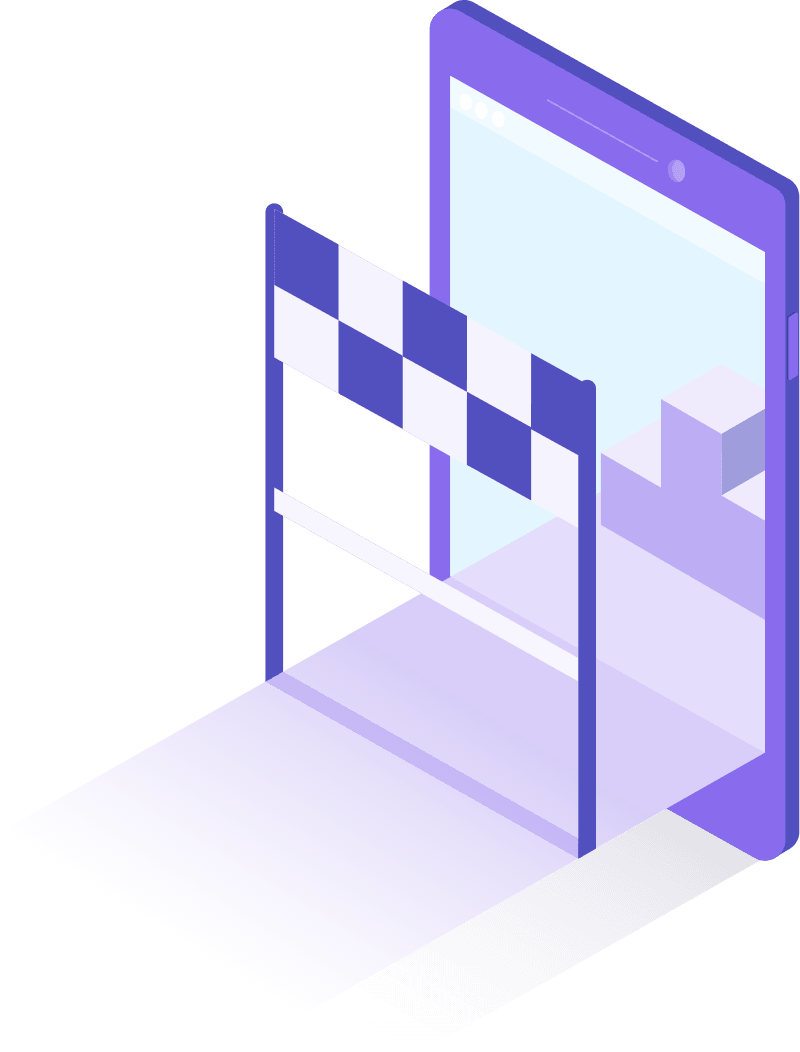INNOVATION ENGINEERING PROACTIVE PROBLEM SOLVER CERTIFICATE
LEVEL: BEGINNER
Learn technical innovation skills to help you develop, build, and deliver innovative ideas.
Innovation is the business triple threat. It can help your organization thrive. It helps your career soar. It creates better solutions to solve the world’s problems. But not everyone knows how to do it. In this course, you’ll learn critical technical innovation skills to solve your real-world challenges.
Innovation Engineering courses and tools are grounded in the world’s largest database of quantitative data on innovation – over 26,000 innovations, deep data on 15,000 teams, over $19 billion in innovations as they go from raw idea to reality. Only proven technology tools and skills are included in the curriculum.
Technology changes fast, and if you don’t have critical innovation skills, you’re falling behind. This course and certificate teach you technical innovation skills to advance.
Category:
Research • Technology Development • Prototyping • Financial Modeling • Data-Driven Decisions • Agile Project Management • System Varation Analysis • Innovation • Intra/Entrepreneurship
The types of challenges addressed using the skills from this course:
- A system to reduce errors with new bottling line technology and equipment
- A method for using computer software and data to customize machine output
- A new service and process using consumer preferences to generate unique beverage products
- Creating a new water heater by redesigning the technology inside the existing tank
- Adapting the manufacturing of a product set to reduce the number of SKUs and require less inventory space
GENERATING NEW IDEAS. SOLVING BIG PROBLEMS.
DISCOVERING, DEVELOPING AND DELIVERING NEW SOLUTIONS.
IN THIS COURSE YOU’LL LEARN:
SKILLS TO
DEVELOP IDEAS
- How to conduct Stimulus Research to identify problems, technologies and solutions to help develop new product/service/process ideas.
- How to use the PO tool, a technique from Edward de Bono for lateral thinking, to provoke non-obvious connections to develop new product/service/process ideas.
- How to use the Mind Mapping tool to individually and collaboratively explore and flesh out new product/service/process concepts.
- How to use the Musical Chairs tool to identify root causes and scope the impact of new product/service/process concepts on stakeholders.
- Concept Design: How to scope and clearly communicate new product/service/process ideas using the Yellow Card tool structure for developing the component parts of the idea.
- How to build Math Models using a Fermi Estimating to model high uncertainty forecasts like sales or impacts of new/emerging technologies where past data is not readily available.
SKILLS TO
BUILD & DELIVER IDEAS
-
Prototyping: Learn how to create concept, “looks-like,” prototypes for early customer feedback and functional, “works-like,” prototypes for proof of concept to ensure fast and cheap learning before significant investment.
-
Plan, Do, Study, Act (PDSA) Agile Project Management Cycles of Learning: How to apply the scientific method to conduct rapid cycles of learning to solve any challenge, improve any idea, and deliver innovative new products, processes and services faster – a must to get ahead in this tech-infused world that’s moving faster than ever. Innovation Engineering uses Dr. W. Edwards Deming’s (the “Father of Systems Thinking”) PDSA approach, not PDCA, to emphasize LEARNING from your work and adapting (Study), not CHECKING for failure/success (Check).
-
System Mapping: Applying Dr. Deming’s System of Profound Knowledge, to understand and begin improvements, which are often needed when implementing new/emerging technologies and building and delivering breakthrough new products/services/processes. Students learn how to distinguish between common cause and special cause sources of variation and how to identify psychological problems within systems to ensure they are focusing on improvements that yield the highest impact.
Proactive Problem Solver Certificate
When it comes to learning and innovation – it all happens when you take action. Which is why our assignments help you connect the dots between your real-world challenges and your new innovation skills.
Plus, when you earn your Innovation Engineering Proactive Problem Solver Certificate and get the ultimate double-bonus: greater value for your organization and a great boost to your career.

Identify and Improve a System You Work Within.
Whether the system you work within is human-based or AI and machine learning, to improve it you must first understand systems thinking and variation. In this case you’ll understand a current system and the variation within it and learn methods to improve it.
Discover and Define a Problem Worth Solving.
Innovation doesn’t just start. It’s typically rooted in a problem. You’ll learn how to identify a problem and frame it in a way that makes the path to development clear (and reduced rework in the process.)
Gather Stimulus to Spark Solutions.
You’ll learn how to do intensive research in everything from patents and techonology, customer insights, market trends, future trends and academic articles to not only stay up-to-date with the latest advancements, but use it as stimulus to create next generation solutions.
Discover & Develop New Solutions.
You’ll learn how to use your new skills and tools to create Meaningfully Unique solutions to problems – applying methods for collaboration and brainstorming.
Build a Business Case
You’ll learn how to build a business argument for an idea – including a persuasive description of the idea, forecasting the impact it will create, and an assessment of risks to overcome in development.
Fail Fast, Fail Cheap Development
You’ll learn how to do ‘Fail Fast, Fail Cheap’ cycles of learning on an idea to start to reduce uncertainty on one or more risks with the idea.
Why this Course is Different
Unlike other innovation courses that are based on a few personal experiences or third-person research – this course is grounded in front-lines innovation work and hard data from the world’s largest database (26,000+) on what drives success and failure. The data is so reliable that the curriculum, called Innovation Engineering, is recognized as a new field of academic study with undergraduate and graduate degrees offered at colleges and universities.
Recognized leaders in the development and application of technologies who’ve applied these skills include the US Department of Commerce National Institute of Standards and Technology, Citrix, Hewlett Packard, Meggitt Aircraft Braking Systems, DRS, Lockheed Martin, Toyota, Mercedes Benz, dunnhumby, GlaxoSmithKline, Humana, L-3, PNC Bank, Walt Disney, Nike, Pepsi-Cola, American Express, Procter & Gamble, and many more
This course is brought to you by the Innovation Engineering Institute – a partnership between Eureka! Ranch and the University of Maine.



Take the Course ONLINE
The on-demand, online version of the course is self-paced, so you can begin immediately. We also offer the online course in a facilitated cohort format, where you can collaborate with a team.
- Instant Access
- No Pre-work
- 2 months to complete the course and earn the Proactive Problem Solver certificate
Self-Paced
Instant Application
COURSE FEE: $600 USD per person
OR Take the Course IN PERSON
The 1-day in-person version of the course is great when you want to bring a team together to innovate under tight time pressures. Leveraging the diversity of the group, the interactions built throughout the experience help advance thinking and ideas faster through collaboration.
- Course: One 8a-5p in-person day (or 2 half days)
- 1 month to complete the course and earn the Proactive Problem Solver certificate
Faster Pace
Great for Teams
COURSE FEE: $600 USD per person, minimum of 18 people required for private course
WHAT OTHERS ARE SAYING
The importance of documenting each PDSA cycle is huge. This really validated that documentation is key to wrapping up a PDSA cycle and communicating it through other groups.
The definition of prototype is officially changed in my mind after this course. I love the concept that a prototype can be a sketch on a piece of paper as well as a complicated usable sample.
As far as critical thinking skills, plan-do-study-act has really helped me take the emotion out of decisions by breaking complicated and monumental tasks (in my head) into small actionable tasks that I can evaluate and quickly pivot if necessary. In the past I would often get overwhelmed if I started getting into new territories I have not dealt with but now I can successfully navigate uncharted waters and do it confidently.
This course really challenges you to think outside of the box causing you to look at problems much differently. It encourages you to expand your thought process while not overthinking it.
I now have a process to innovate, an understanding that it takes a team, the freedom to take risks, fail, and try again.
I was particularly intrigued with the fact that I could do mathematical Fermi estimates that are really close to reality, to document and to review based on my assumptions. Deming’s teachings on system fault >90% of the time was a lesson not be forgotten.
FAQ
Who is the certifying body?
Innovation Engineering PROACTIVE Problem Solving Certificates are granted by the Innovation Engineering Institute – a joint venture partnership between the Eureka! Ranch and the University of Maine.
Who is this course for?
This course is designed for anyone that wants to get upskilled in the innovative skills and thinking. According to the World Economic Forum, 54% of employees globally will need upskilled in innovation by 2022 to keep up with the increasing technology and marketplace demands of the changing world.
The groups we tend to see more often are rising leaders, engineers, technical staff, development teams, front-line operators, logical thinkers, and other staff of organizations trying to create a culture of innovation.
What's the difference between the online and the in-person course?
The same skills and level of rigor apply in either format.
The in-person course is great for private programs to promote team-building and when you want to move fast, as it’s taught at an accelerated pace.
The online course is a great option for individuals working on their own or teams with limited travel budgets. It also works well with cohorts of students interested in completing the individual assignments at a personal pace but sharing learning and working with their team on a regular basis through facilitated, interactive online meetups.
How long does the course take to complete?
FOR THE IN-PERSON VERSION, you’ll spend about 1 hour watching video lessons before attending the live 1-day or 2 half-days in-person training. You’ll then have 1 month to complete the work to get your Innovation Engineering PROACTIVE Problem Solver Certificate.
FOR THE ONLINE VERSION, we recommend you spend 30 minutes 3 days per week working on the course. Based on that you can expect it to take less than 2 months for the course and certificate – or a total of 9 hours.
Ready to get started?
Contact us to register for the on-demand online version, an upcoming live class or a private class for your team, division or company.